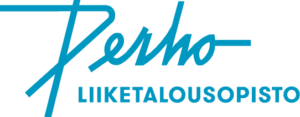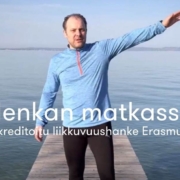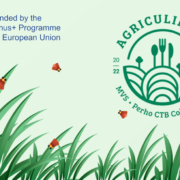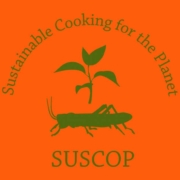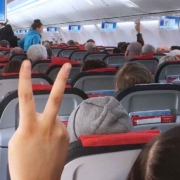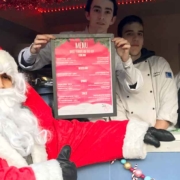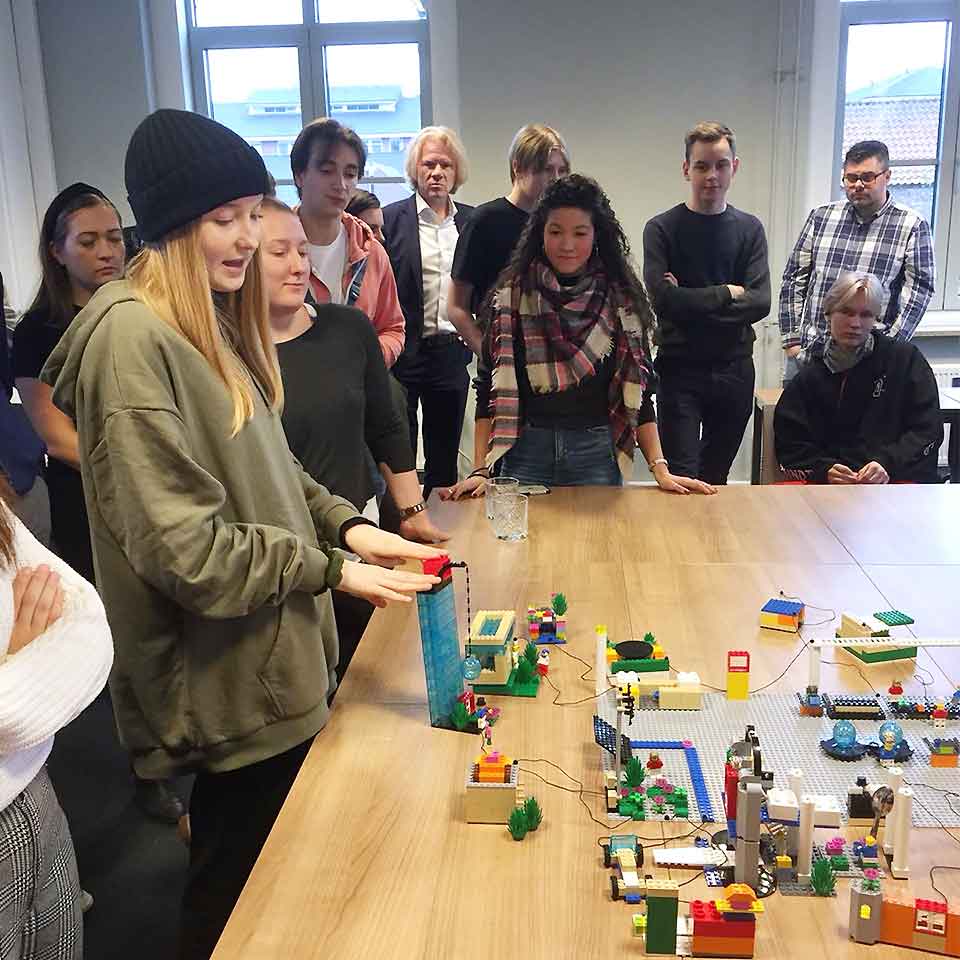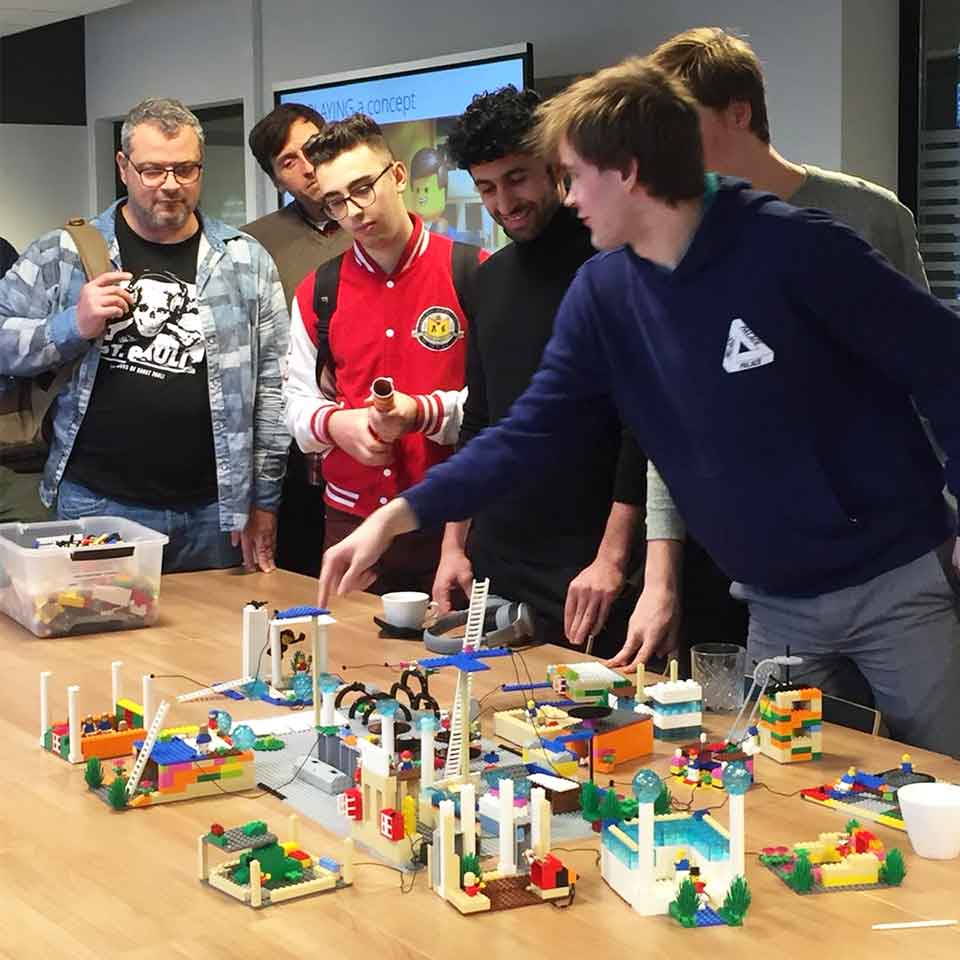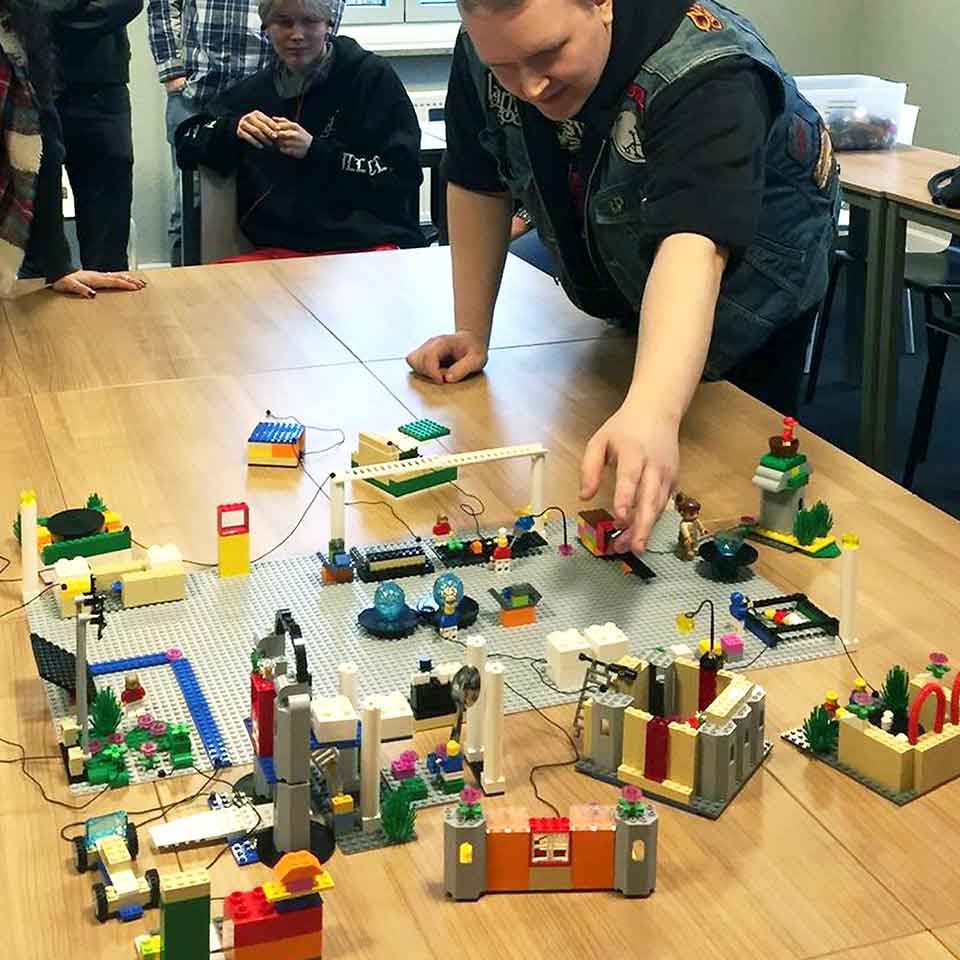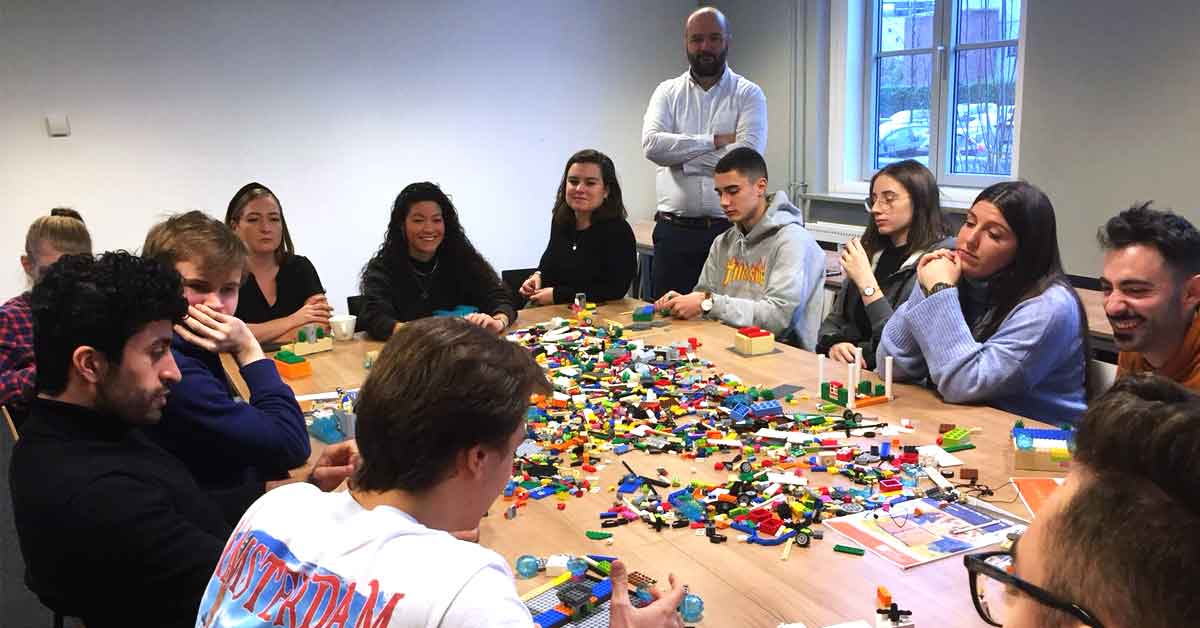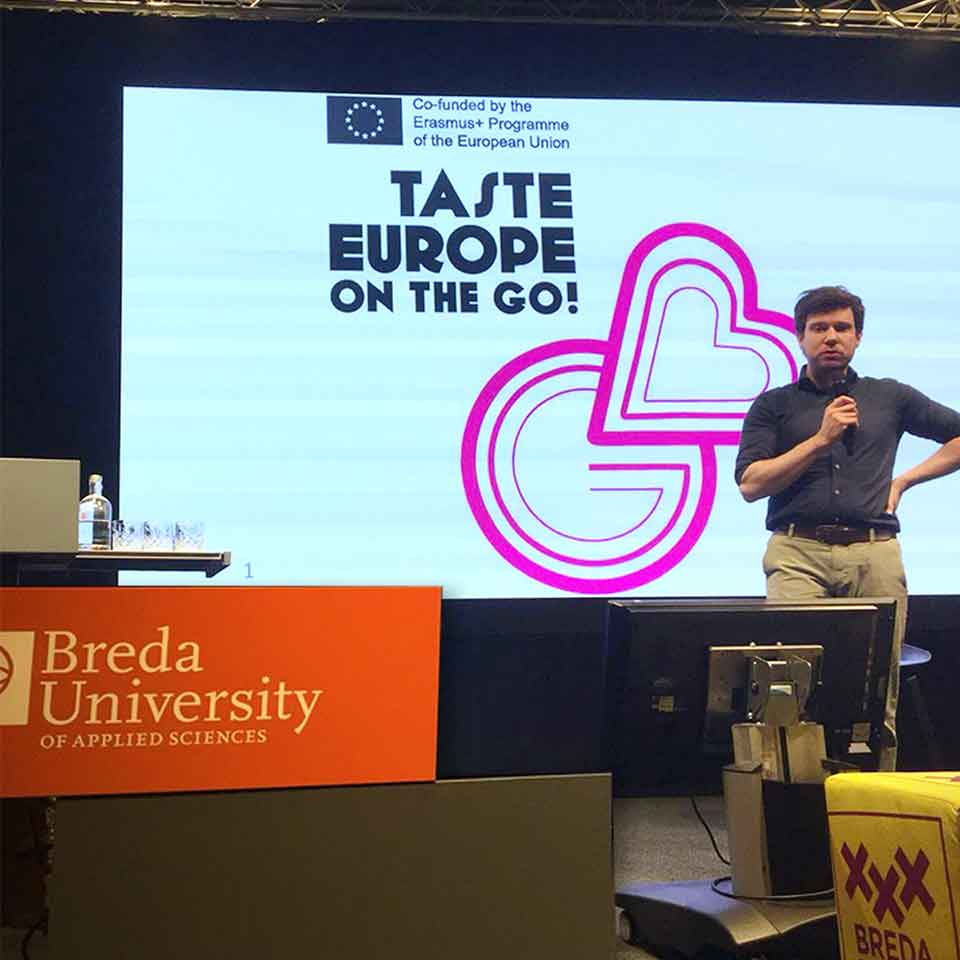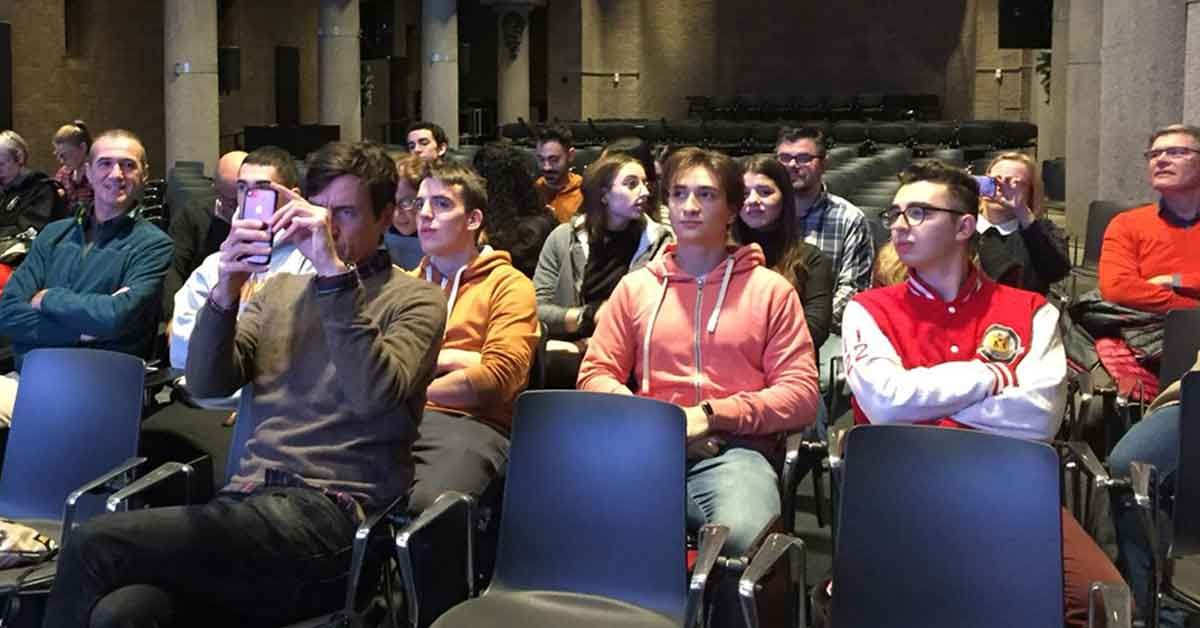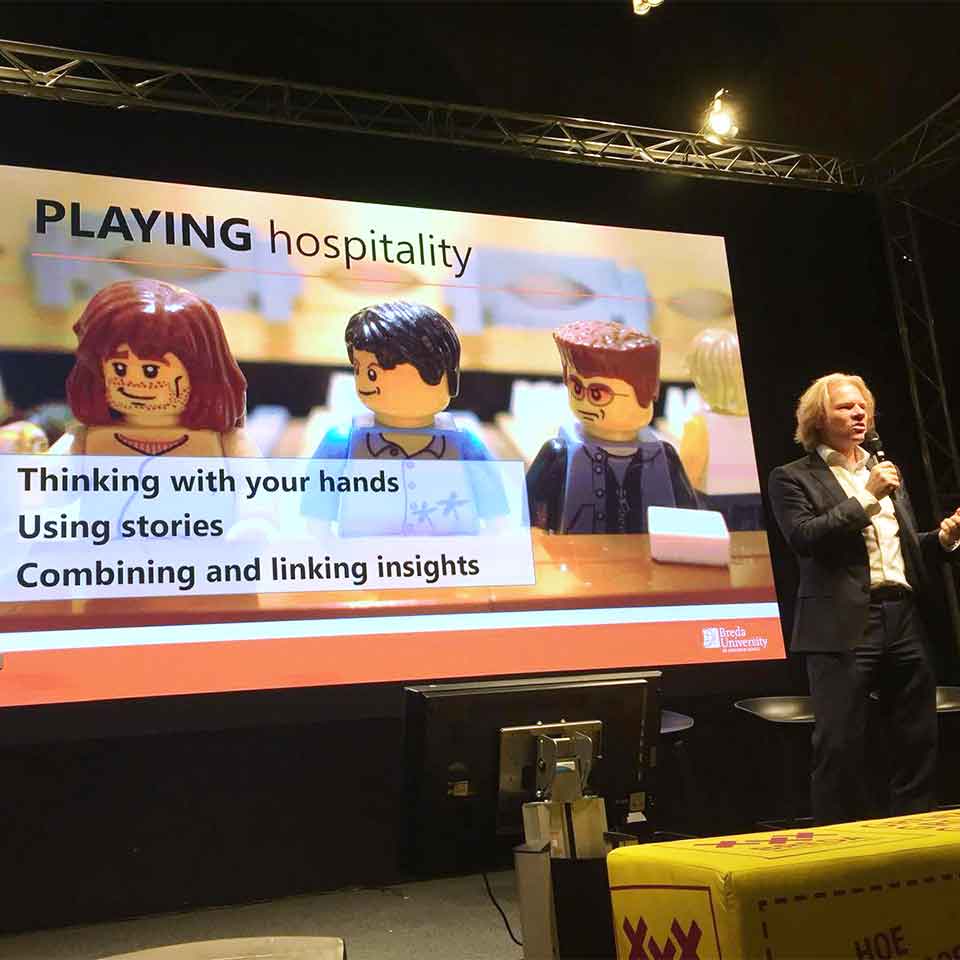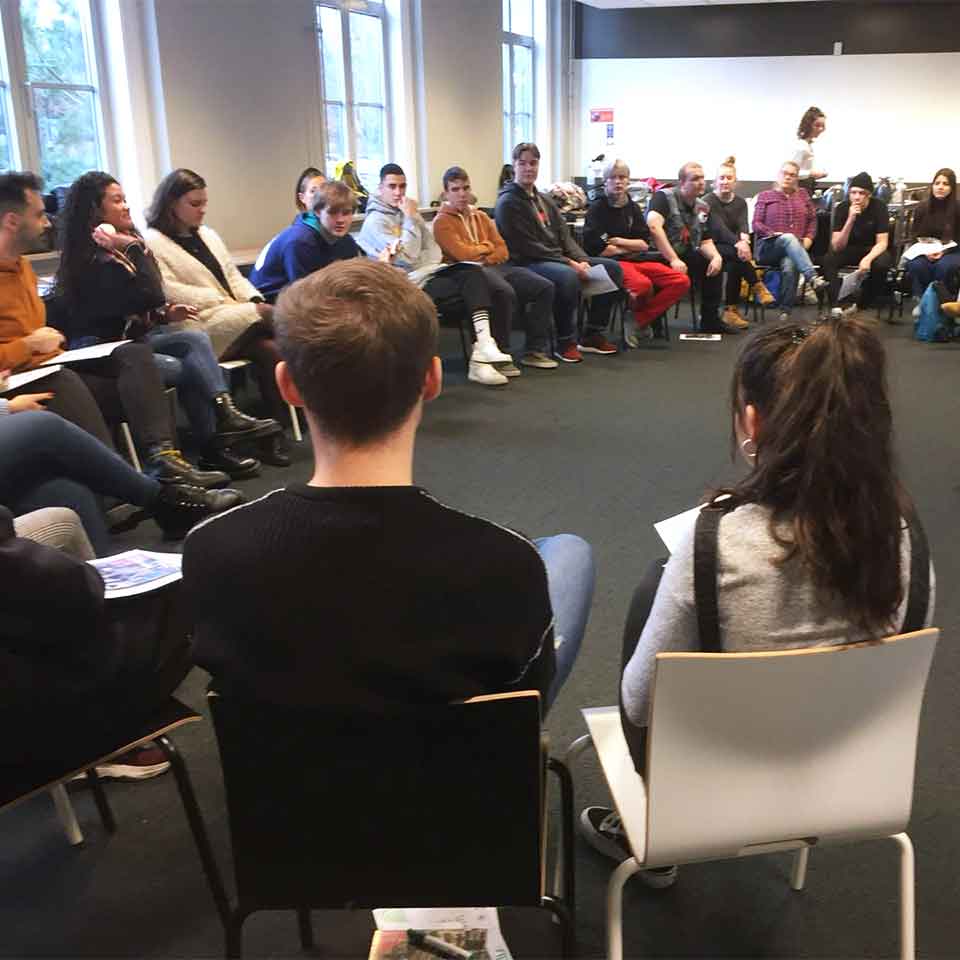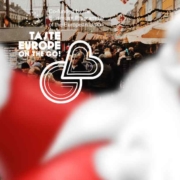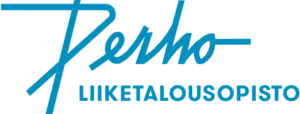Artikkelit
AgriCulinary Project pro Sustainable Food & Planet
Training & doing for the better 💚
The future-oriented culinary and horticultural AgriCulinary Project trains towards more sustainable planetary food system achieving a comprehensive understanding of the best sustainable practices.
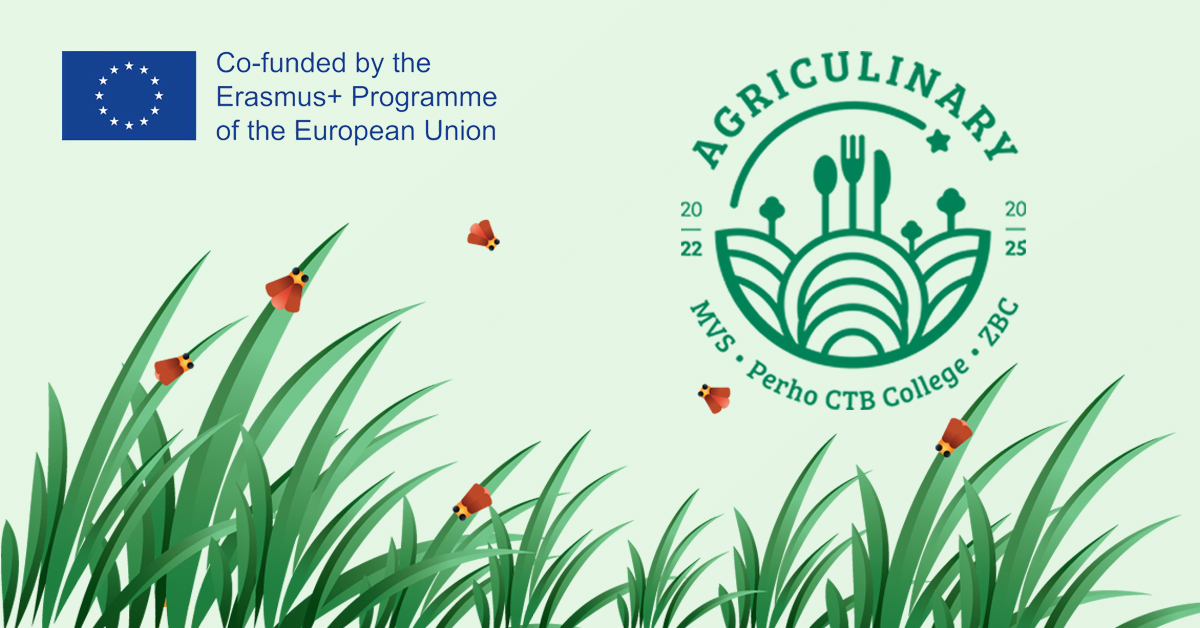
In the AgriCulinary project we’ll learn e.g. what a transparent food chain means in every stage from farm to kitchen to consumer and back to the farm
Yhteisenä haasteenamme on saadaan maapallo riittämään meille kaikille, kun planeettamme resursseja nakertavat muun muassa nälänhätä, ilmastonmuutos ja jätteet.
Syyskuussa 2022 käynnistyneessä AgriCulinary -hankkeessa >> kehitetään ja harjoitellaan innovatiivisia keinoja rakentaa kestävää tulevaisuutta maatalous-, puutarha-, ruoka- ja ravintola-alojen yhteistyössä. Tavoitteena on ensijaisesti suitsia ruokaketjun maapallon kantokykyä heikentäviä ympäristövaikutuksia.
Perho Liiketalousopiston lisäksi 2023–2024 elokuusta elokuuhun pilotoitavassa hankkeessa ovat mukana Norjasta Mosjøen videregående skole >> ja Tanskasta Zealand Business College >>. Hankkeen rahoittajina ovat Opetushallitus ja Erasmus+.
AgriCulinary Training pro sustainable food & planet – further information
Hey! Bugs on a Plate!
Sustaintable Cooking for the Planet Project
SUSCOP – project number: 2018-1-NL01-ka202-038884
The world’s population will grow up to 10 billion people till the year 2100. This means sustainability problems associated to food production. We will need more energy, water and land and the resources are limited apart of the environmental cost – we need Sustaintable Cooking for the Planet: bugs on a plate.
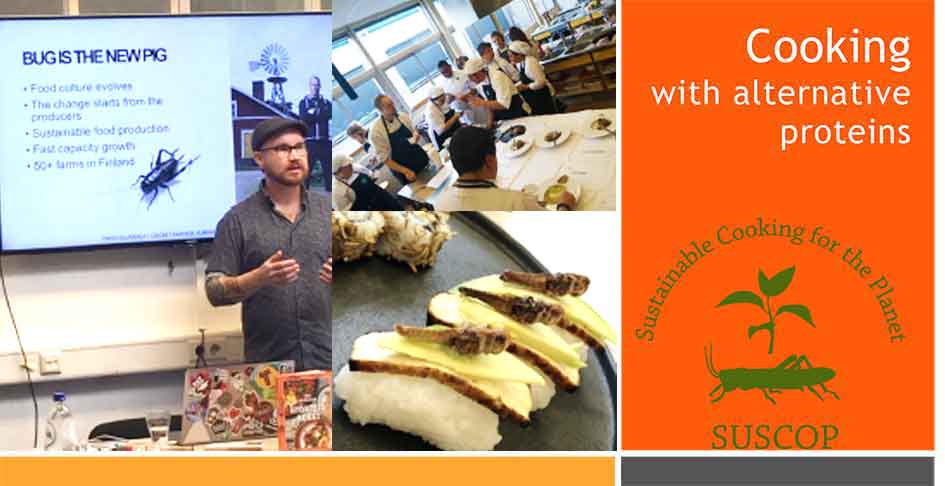
Topi Kairenius, writer, chef and an expert on alternative proteins, gave a masterclass “Bugs on plate; Insects in Modern European Food Culture”
In the Erasmus+ funded Sustaintable Cooking for the Planet (Suscop) project teachers of European cooking VET schools get a better understanding of the reasons why eating habits should change and giving students tools to make attractive dishes with animal source foods, like insects or vegetal, of course, which offers plenty of fiber and minerals but little of cholesterol.
The reason for this project is obvious: food production is a significant contributor to the climate change. The total amounts of water in order to get animal proteins is really high and totally inefficient. Anyway meat consumption has increased in recent years. And now, according to the IPCC 2018 report, the clinical change is inevitable, we hardly have time to react.
Finland Is a Forerunner in Sustainability
In the latest meeting of the project in Oct. 2029 in ROC Landstede in Harderwijk, The Netherlands, the students evaluated the recipes with insects and without insects provided by the teachers. So far, project working has showed that probably in our context, the plant-based food or insects are not necessary alternative proteins anymore and Finland is a forerunner in sustainability.
Bugs on a Plate/Suscop Project – Further Information
Johanna Mäesalu, Head of International Affairs
johanna.maesalu (at) perho.fi
Andre Schoonhoven, Coordinator, SUSCOP Project
aschoonhoven (at) davinci.nl
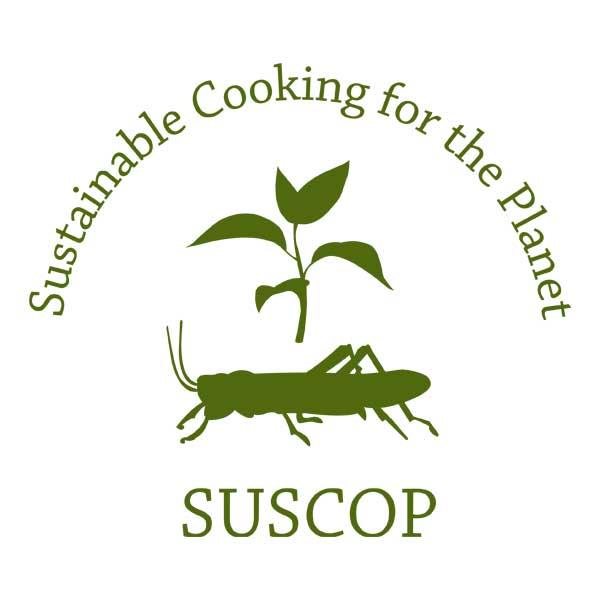 The project partners in Erasmus+ Cooking for the Planet: ROC Landstede, The Netherlands – Haaga Helia ammattikorkeakoulu, Finland – Ikaslan, Spain – Perho Liiketalousopisto, Finland – EntoCube, Finland – Da Vinci College, The Netherlands – Bridgwater & Taunton College, United Kingdom
The project partners in Erasmus+ Cooking for the Planet: ROC Landstede, The Netherlands – Haaga Helia ammattikorkeakoulu, Finland – Ikaslan, Spain – Perho Liiketalousopisto, Finland – EntoCube, Finland – Da Vinci College, The Netherlands – Bridgwater & Taunton College, United Kingdom
Taas on uusia tegolaisia leivottu
Haku Taste Europe on the Go! in Barcelona -hankkeeseen on päättynyt, mutta tästähän se homma vasta alkaa :)
Saimme määräaikaan mennessä ennätysmäärän hakemuksia kansainvälisesti orientoituneilta perholaisilta, joista kolme lähtee kevään aikana testaamaan pop-up-ravintolayrittäjätaitojaan Espanjaan.
EU Erasmus+ Taste Europe -hankesopimuksen mukaisesti voimme ottaa Perho Liiketalousopiston Malmin kampukselta enintään kolme opiskelijaa mukaan kevään 2020 toteutukseen. Valinta ei ollut helppo, mutta se oli tehtävä, ja nyt mukaan valittujen uskomme hyötyvän osallistumisesta eniten ja myös edistävän hankkeen onnistumista parhaiten.
Uudet upeat tegolaiset ovat Jasmin, Tara ja Nico!
Onnittelut valituille ja kiitos kaikille hakijoille kiinnostuksesta ja hyvistä hakemuksista! Tule siksi, mikä haluat olla.
Taas on uusia tegolaisia leivottu – lisätiedot
Leni Palminkoski-Pihlamo, Taste Europe on the Go! -hankkeen vastuuopettaja
040 714 4274
leni.palminkoski-pihlamo (at) perho.fi
Seppo Honkanen, kansainvälisen toiminnan koordinaattori
Coordinator, International Affairs
+358 (0)40 147 8515
seppo.honkanen (at) perho.fi
Tegolaiset joulumarkkinat Hollannissa
Joulukuisena (vaan ei lumisena) viikonloppuna 14.–15.12.2019 Taste Europe on the Go! -hankkeen (TEGO!) opiskelijat Espanjasta, Italiasta, Hollannista ja Suomesta (Mercuria & Haaga-Helia) veivät suunnittelemansa, valmistamansa ja markkinoimansa pop-up-katuruoka -menun ja joulutuotteet ruokarekalla Bredan joulumarkkinoille.

Ei mutta – sehän on Pauli ilmielävänä!
Joulun sana oli yrittäjyys
Kauppa kävi ja oppia tuli käytännön yrittäjyydestä kansainvälisessä toimintaympäristössä. Sateisessa ja tuulisessa säässä nelipyöräisen pop-up -ravintolan tuotteita ja TEGO!-hanketta markkinoi myös joulupukki, jonka arkihenkilöllisyys paljastuu nyt, ta-daa: Haaga-Helia ammattikorkeakoulun opiskelija Pauli Kankaanpää!
– – –
Niin pian kuin olet toipunut tästä tulevat joulusi ehkä vesittäneestä paljastuksesta, tutustu opiskelijoiden aatoksiin kansainvälisen Erasmus+ Taste Europe on the Go -hankkeen hyödyistä sekä myös siitä, mitä heidän mielestään pitäisi vielä parantaa tai kehittää. Onhan sen Bill Gates(-kin) sanonut:
“We all need people who will give us feedback. That’s how we improve.”
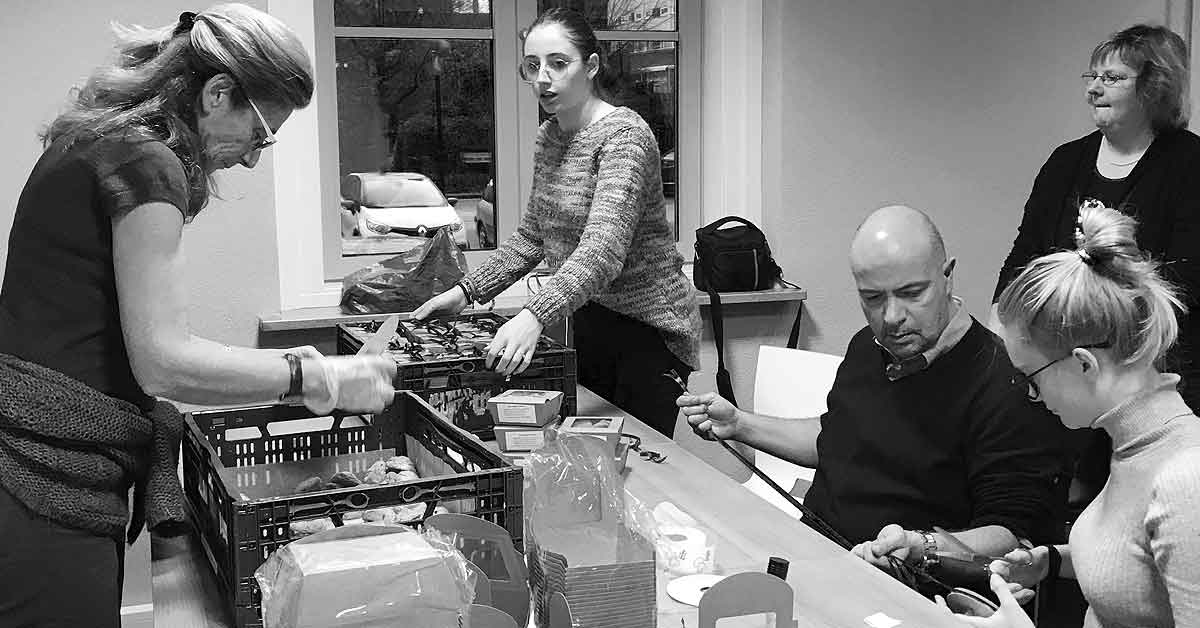
Myyntituotteet menossa pakkauksiin ja markkinoille
Opiskelijoille TEGO! -hankkeesta tehdyn palautekyselyn satoa
Name three things you have learned from the TEGO! project
- Plan business activities, cooperate with other countries, and conduct business.
- How to talk with the customers, how to work well as a team, how to make a business plan.
- Language skills, international teamwork and different cultures.
- Communicate better, interact with costumers, work in a team.
- How to work in international surroundings, how to lead international team, patience.
- How to price food. To be more open-minded. Be more responsible.
- I’ve learned new things such as different culture traditions and habits.
Good planning is very important, you have to be prepared for all kinds of situations and how to cope with problems, how to share tasks.
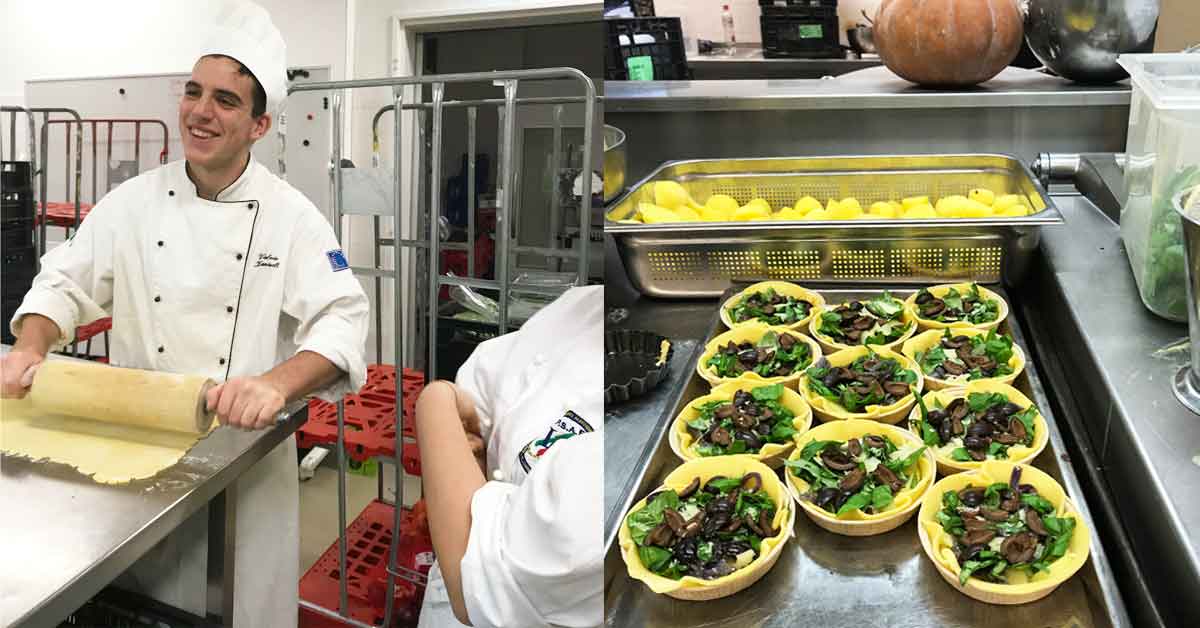

Name three things you would develop/improve in the TEGO! project
- Marketing.
- The advertising, the merchandise, the customer service.
- The advertising should be better, the payment method too (we should have some cash, not only the card payment).
- Organizing, being on time and motivation.
- Better planning, better communication, schedules.
Feedback between all students.
Free comments and ideas
- I like this project, it’s an amazing experience for everybody and it must go on.
- I really liked to be there! It was an amazing experience, I’ll have into my heart all my mates and all the things we have done. I hope that I’ll be part in another project like that in the future.
Great project!
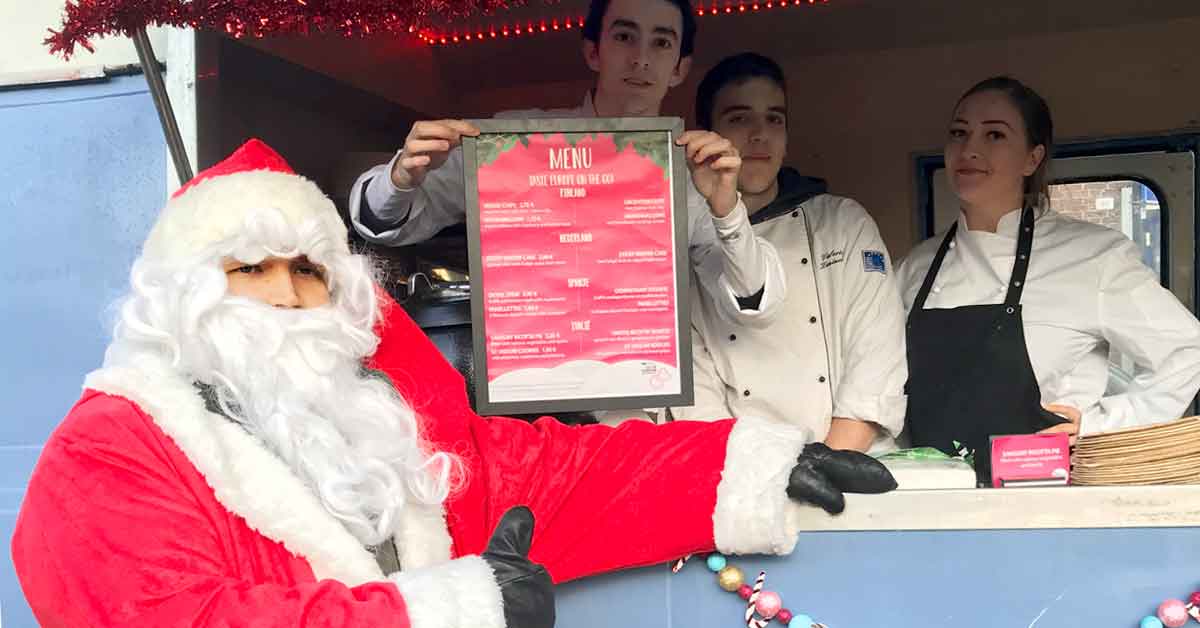
Että maistus varmaan sullekin – tegolainen street food kansainvälisillä yrittäjyysopinnoilla höystettynä :)
Tietäkää tämäkin:
ennen pop-up’ia workshopattiin ankarasti
Bredan joulumarkkina-pop up’iin oli valmistauduttu 11.–16. joulukuuta 2019 workshopissa, jossa mukana oli muun muassa
PALVELUMUOTOILUA:
SEMINAAREJA:
…JA BREDAAN TUTUSTUMISTA :)
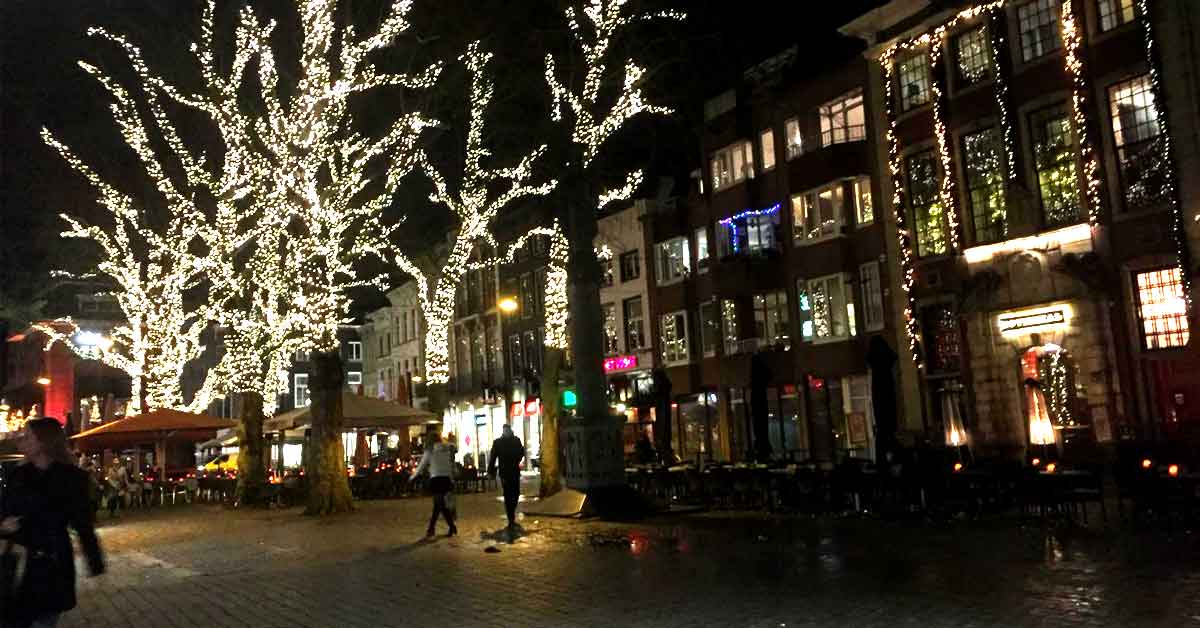
Tegolaiset joulumarkkinat Hollannissa – lisätiedot
Ms. Johanna Mäesalu, Head of International Exchange
050 380 5944
johanna.maesalu (at) perho.fi
Hey! What’s Cooking?
Sustaintable Cooking for the Planet Project
SUSCOP – project number: 2018-1-NL01-ka202-038884
The world’s population will grow up to 10 billion people till the year 2100. This means sustainability problems associated to food production. We will need more energy, water and land and the resources are limited apart of the environmental cost – we need Sustaintable Cooking for the Planet.
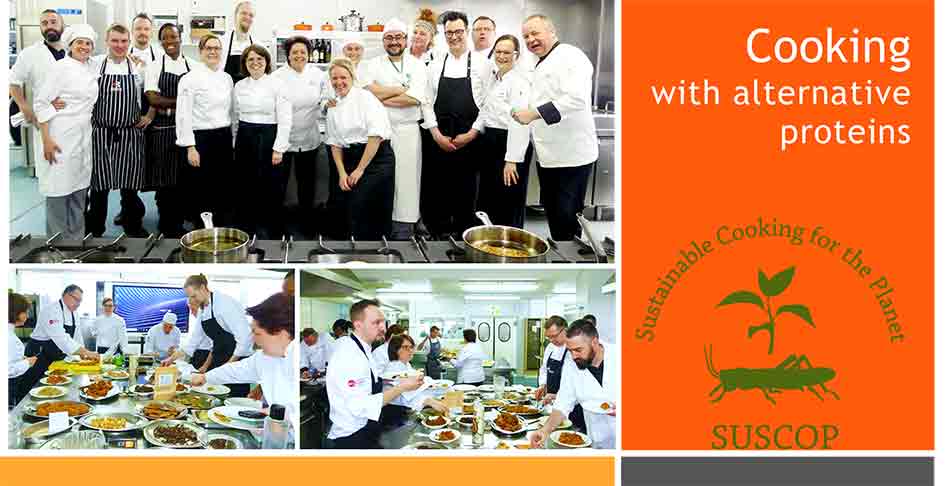
In the Erasmus+ funded Sustaintable Cooking for the Planet (Suscop) project teachers of European cooking VET schools get a better understanding of the reasons why eating habits should change and giving students tools to make attractive dishes with animal source foods, like insects or vegetal, of course, which offers plenty of fiber and minerals but little of cholesterol.
The reason for this project is obvious: food production is a significant contributor to the climate change. The total amounts of water in order to get animal proteins is really high and totally inefficient. Anyway meat consumption has increased in recent years. And now, according to the IPCC 2018 report, the clinical change is inevitable, we hardly have time to react.
Reasonable But Also Challenging
The current laws of the different European countries do not fully reflect the possibilities related to insects, add to this that in each country the provisions are different.
Basic principles of available insects in food production:
- Farmed
- Have died naturally should not be used as food
- No part may be removed
- Feed: plant based products, gelatine, milk and egg products
Potential risks in general:
- Microbiological risks
- Chemical risks – little is known
- Allergens – current knowledge insufficient
- (Finally – we do not know if all insects are edible or not.)
Challenges in exploiting insects as human food:
There is some controversy and difficulties in the use of insects as proteins. One of the big challenges is neophobia. People feel disgust, there are cultural barriers also when eating insects. Studies have been conducted regarding the willingness we have to consume them or not, these being the results:
- One out of five meat consumers claims to be ready to adopt insects
- Males are 2.17 times more likely than females to adopt insects
- Consumers who plan to reduce meat intake are 4.51 times more likely to adopt insects
- It seems Norther Europeans are more adoptable to eat insects than Southern Europeans.
The Next Step
The theoretical foundation of the teaching and training of sustainable cooking module was laid in June 2019 in Bilbao, Spain. The goals of the project are to raise awareness about the impact of our eating habits on the environment and to train future cooks to work with alternative proteins.
The next step of the project will be a meeting in ROC Landstede in Harderwijk, The Netherlands. Here we will be working mainly in the kitchen, cooking the recipes we think that are healthy, environmental friendly and TASTY.
Sustaintable Cooking for the Planet Project – Further Information
Johanna Mäesalu, Head of International Affairs
johanna.maesalu (at) perho.fi
Andre Schoonhoven, Coordinator, SUSCOP Project
aschoonhoven (at) davinci.nl
 The project partners in Erasmus+ Cooking for the Planet: ROC Landstede, The Netherlands – Haaga Helia ammattikorkeakoulu, Finland – Ikaslan, Spain – Perho Liiketalousopisto, Finland – EntoCube, Finland – Da Vinci College, The Netherlands – Bridgwater & Taunton College, United Kingdom
The project partners in Erasmus+ Cooking for the Planet: ROC Landstede, The Netherlands – Haaga Helia ammattikorkeakoulu, Finland – Ikaslan, Spain – Perho Liiketalousopisto, Finland – EntoCube, Finland – Da Vinci College, The Netherlands – Bridgwater & Taunton College, United Kingdom
Tuoreet tegolaiset: Miika, Michelle ja Azad
Erasmus+ Taste Europe on the Go! (in Holland) – eli tuttavallisemmin Tego – kiittää kaikkia hankkeeseen mukaan hakeneita.
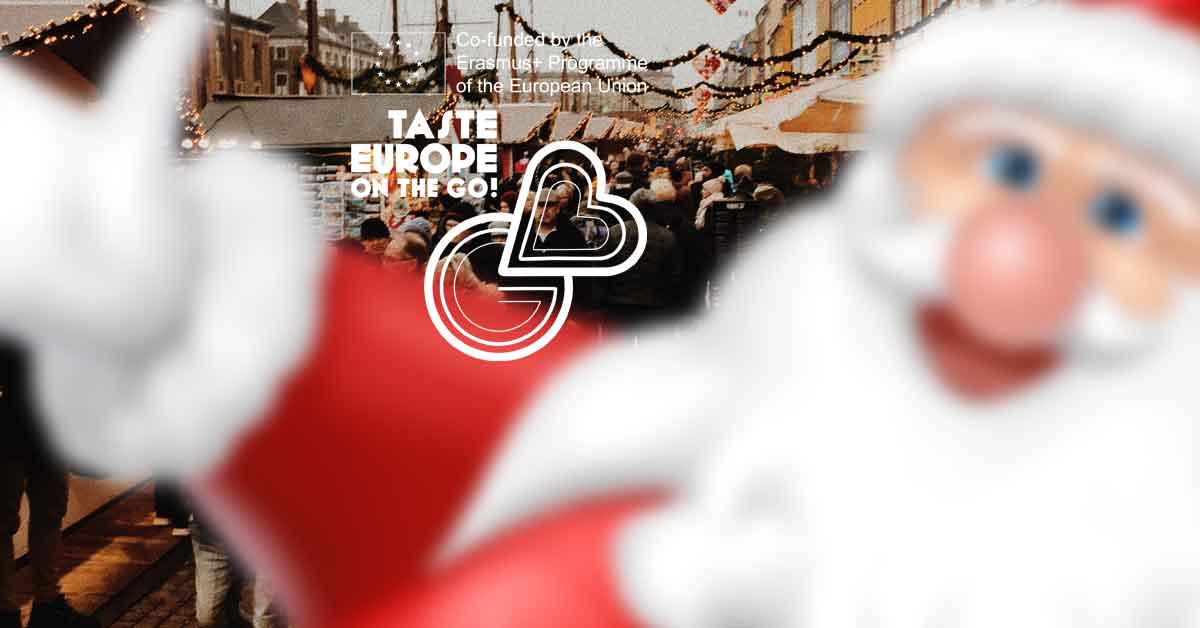
Kohti Hollannin Bredaa, joulumarkkinoita ja voitollista myyntitulosta lähtee puurtamaan tällä erää, hankesopimuksen mukaisesti, enintään kolme Malmin kampuksen perholaista eli
Miika, Michelle ja Azad – onnittelut!
Kolmikko pääsee käärimään hihansa heti: hankkeeseen liittyvät tapaamiset ovat tästä viikosta alkaen torstaisin klo 14.30–16.
Tuoreet tegolaiset – lisätiedot
Leni Palminkoski-Pihlamo, lehtori, Taste Europe on the Go! -hankkeen vastuuopettaja
leni.palminkoski (at) perho.fi
Seppo Honkanen, kv-koordinaattori
seppo.honkanen (at) perho.fi
